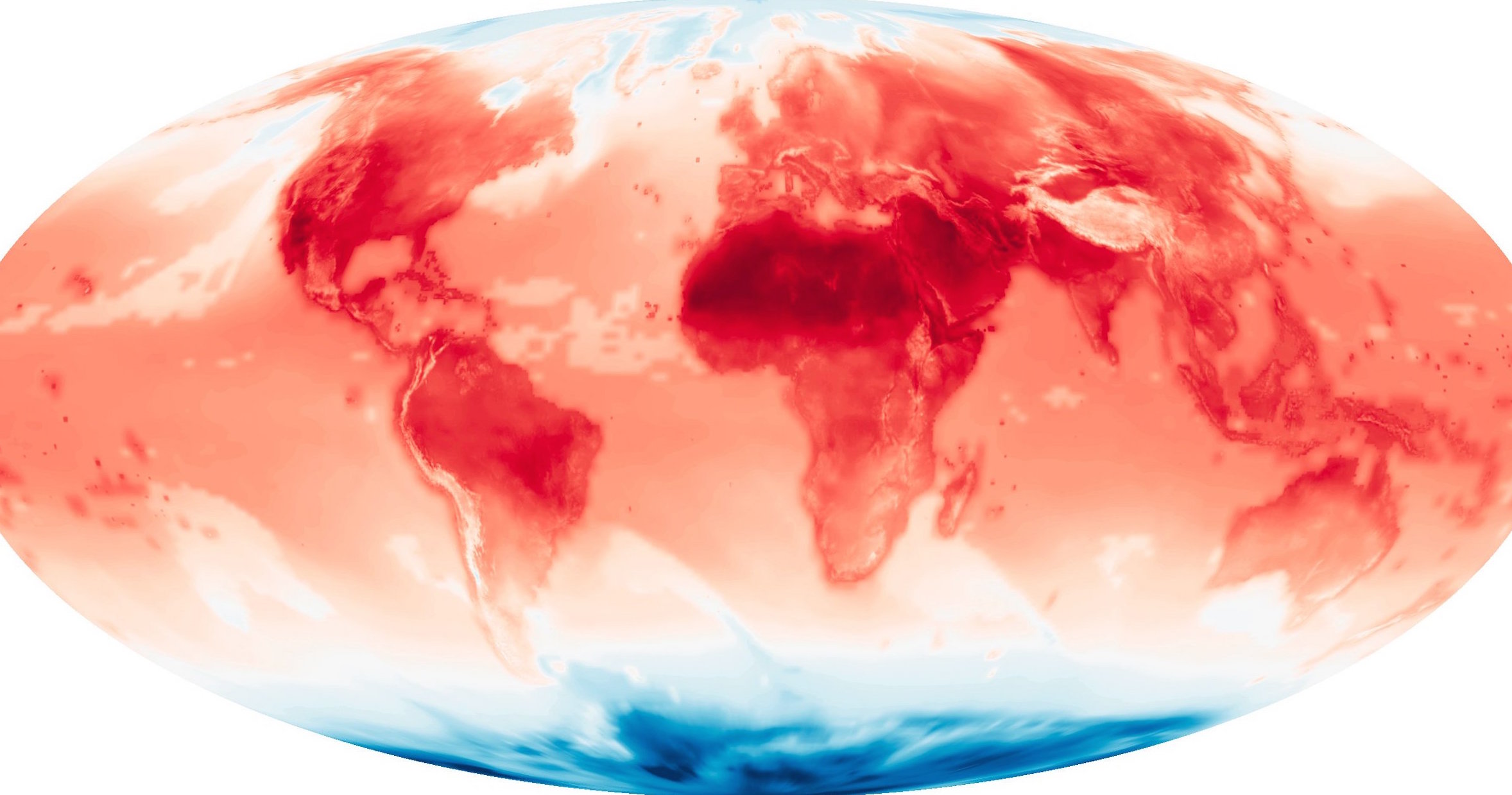I usually spend August thinking about what I’ll do when I’m back at school again in September but lately all I can think about is 48 C rain. I keep wondering about what lessons would prepare my teen students for a world where hot water falls from the sky, where oceans are too warm to cool nuclear reactors, and when road surfaces from India to the U.K keep melting.
What kinds of skills will be needed in order to thrive if a domino effect of deforestation and thawing tundra turns our planet into a hothouse?
I suspect that knowing how to parse a sentence or how to solve for x aren’t going to be essential skills in such an environment.
But what will be?
I’d be willing to bet that teachers in 1918 were confident that a liberal arts curriculum would prepare students to fit socially and economically into a rapidly modernizing, industrializing world. An essential skill then was probably a sensibility to not stray too far beyond the boundaries of conformity while thinking critically about established ideas in literature, math and science. For most of the 20th century, high school graduates who had mastered this skill could look forward to decades of socio-economic rewards.
But is this skill still enough for students who will graduate into the third decade of the 21st century?
What do my 15-year-old students need to know?
Certainly there’ll be discussions about the socio-cultural impacts of artificial intelligence and the economic outlook for a “world without work,” but I’m not quite sure where in our curriculum we’ll be addressing living in a world where new colours have to be added to weather maps to display unprecedented heat.
Should we be teaching them how to recover after wildfires or rising seas have destroyed their homes?
Should they consider how they’ll respond to the millions of migrants whose homes will have become “the mouth of a shark” as the poet Warsan Shire so eloquently describes?
A century ago a few teachers may have encouraged teens to question militarism in the aftermath of The Great War but any suggestion that relentless economic growth would lead to millions of deaths and an uninhabitable planet would likely have resulted in a referral to an asylum. After all, the age of mass consumerism was just beginning and there were all those newly electrified gadgets to buy.
Any day now the back-to-school ads will be popping up on screens everywhere. We’ll keep being reminded to buy, buy, buy. The tragic irony is that we have created an economy that is utterly dependent on consumer confidence and yet it’s mass consumption that is leading us to a new norm of rain that falls at 48 degrees Celsius and rivers too warm for salmon to spawn.
And there’s the rub, isn’t it? When our education system is a product of, and is sustained by a consumerist society, is it hypocritical to challenge conformity to consumerism?
What role do teachers have in the necessary transition away from our fossil-fuel dependent economy?
Within the next 24 months, my Grade 10 students are going to have to make choices about future education and careers. What should they know about how their lives may be affected given that many experts are predicting that the “oil bubble is about to burst“?
Does my teaching role include preparing my students for a post-consumer society? Can we actually return to a time when we were known by our “societal roles (parents …doctors, plumbers, etc.) or political status (voters),” not just by our roles as consumers or customers?
I don’t know.
What does one teach when the world is burning?
Photo: Stuart Rankin/Flickr




